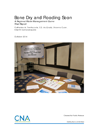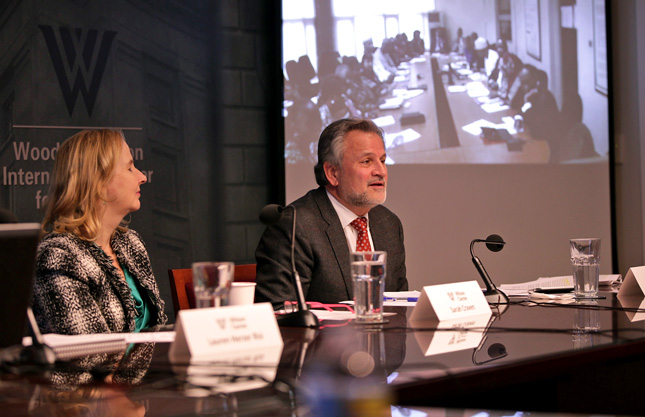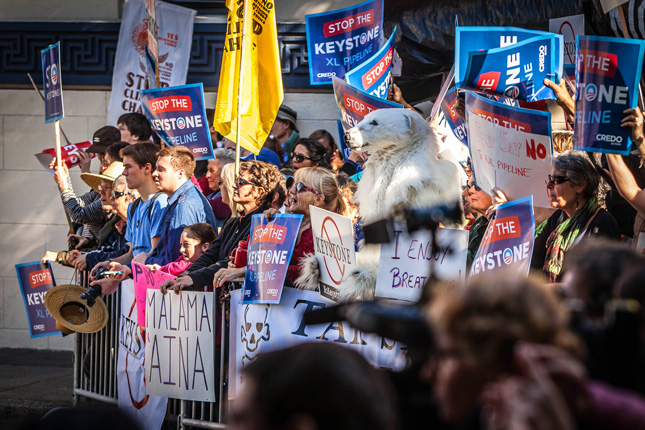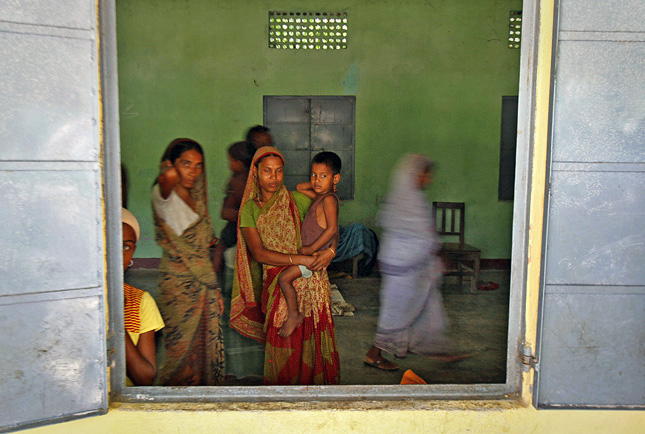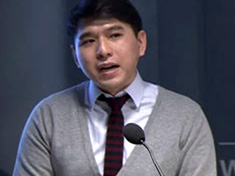-
Simulating Transboundary Water Conflict in South Asia, and the Effect of Drought on Civil Conflict in Africa
› Natural resource management is a trust issue. There’s no better illustration of this than a scenario exercise. A new CNA Corporation report, Bone Dry and Flooding, details a simulation they ran for transboundary water management in the Indian sub-continent. Players of the game – nationals of China, Pakistan, India, and Bangladesh who had all previously worked in politics, policy, or development – were given a hypothetical five-year time span to manage shared water resources.
Natural resource management is a trust issue. There’s no better illustration of this than a scenario exercise. A new CNA Corporation report, Bone Dry and Flooding, details a simulation they ran for transboundary water management in the Indian sub-continent. Players of the game – nationals of China, Pakistan, India, and Bangladesh who had all previously worked in politics, policy, or development – were given a hypothetical five-year time span to manage shared water resources. -
As Humanitarian Crises Multiply, Maternal Health and Safety of Women Becoming a Focus
›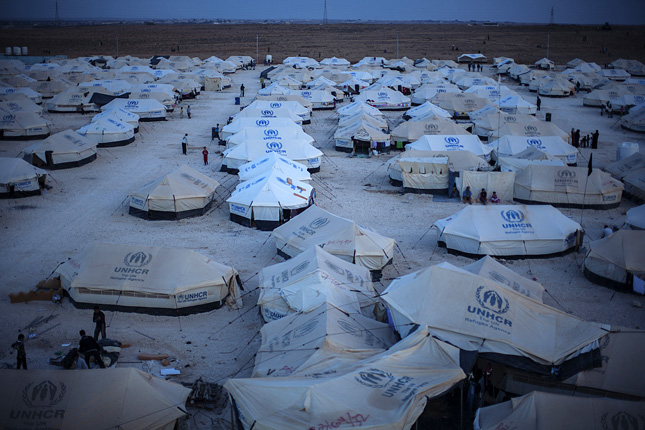
Accessing maternal health care is already a challenge in many countries, and when conflict erupts or a disaster strikes, it can get even worse, leaving millions of women on their own while at their most vulnerable, said Ugochi Daniels, chief of humanitarian response for the UN Population Fund (UNFPA). Women and girls also become more vulnerable to violence during times of crisis, she said, by virtue of nothing but their gender. [Video Below]
-
In Food Riots, Researchers Find a Divide Between Democracies and Autocracies
›
Though the bull market for metals and energy may be ending, global food prices remain stubbornly high. The inflation-adjusted FAO Food Price Index is down from the near historic heights of 2007-08 and 2011 but still higher than at any point in the previous 30 years, putting a brake on several decades of progress in reducing world hunger.
-
Combination of Climate Change and Youth Puts Some Countries at Risk of Fragility
›
Climate change and youthful demographics can combine to create security risks in already fragile contexts, according to a new report commissioned by UNICEF UK and co-authored by the London-based research organizations International Alert and the International Institute for Strategic Studies.
-
Emerging Priorities for Maternal Health in Nigeria: Surveying the Field
›
“Nigeria’s population is only two percent of the world population, but we contribute about 10 percent of the maternal mortality,” said Oladosu Ojengbede, professor and director of the University of Ibadan’s Center for Population and Reproductive Health. [Video Below]
-
Reporters Predict Contentious Year Ahead for Environment and Energy
›
With the Obama Administration moving forward on emissions reductions, the deadline for drafting the Sustainable Development Agenda, and a highly anticipated global climate summit in Paris, 2015 promises to be a crucial year for climate policy. “In many ways, last year was the year of building momentum, and this is the year of getting the work done,” said Lisa Friedman, deputy editor of ClimateWire, at the Wilson Center on January 5. [Video Below]
-
Conflict and Climate Change Collide in Assam as Trafficking Thrives
›
The story of Uma Tudu captures the endless cycle of poverty, violence, and suffering faced by too many girls in the northeastern Indian state of Assam.* At 16, following floods that destroyed her village, she traveled more than 1,600 kilometers to Delhi, lured by the promise of a good job and a good life. Instead she was sold as bonded labor.
-
Eric Chu on Translating Climate Adaptation Theory to Action on the Local Level
›
“Adaptation is very theoretical. When you talk about ‘resilience,’ you draw these Venn diagrams and you draw these really complex issues, but at least at the IPCC level, we didn’t spend a lot of time thinking about what people were actually doing,” says Eric Chu in this week’s podcast.
Showing posts from category *Blog Columns.


